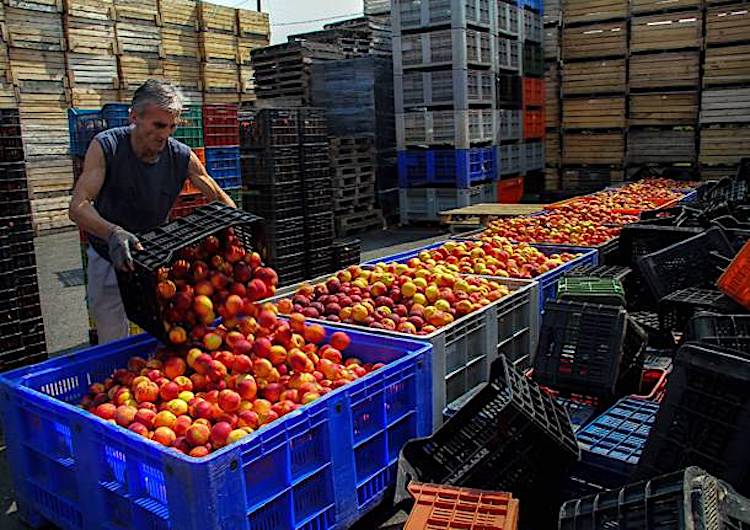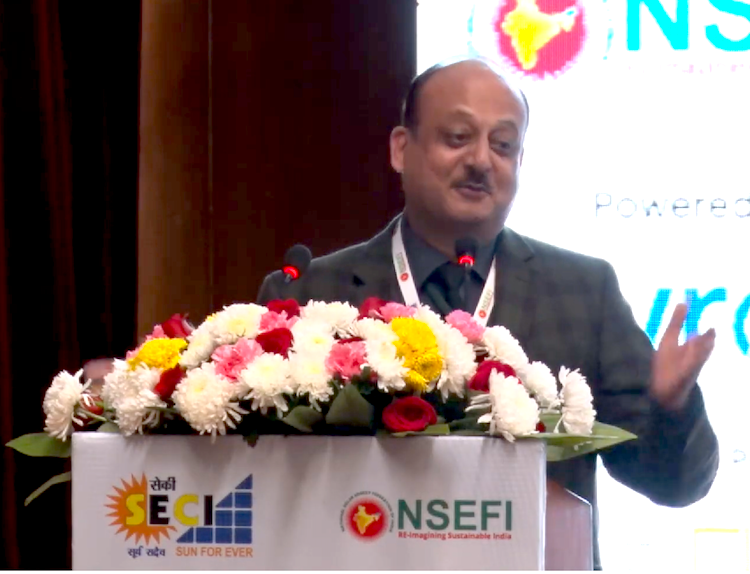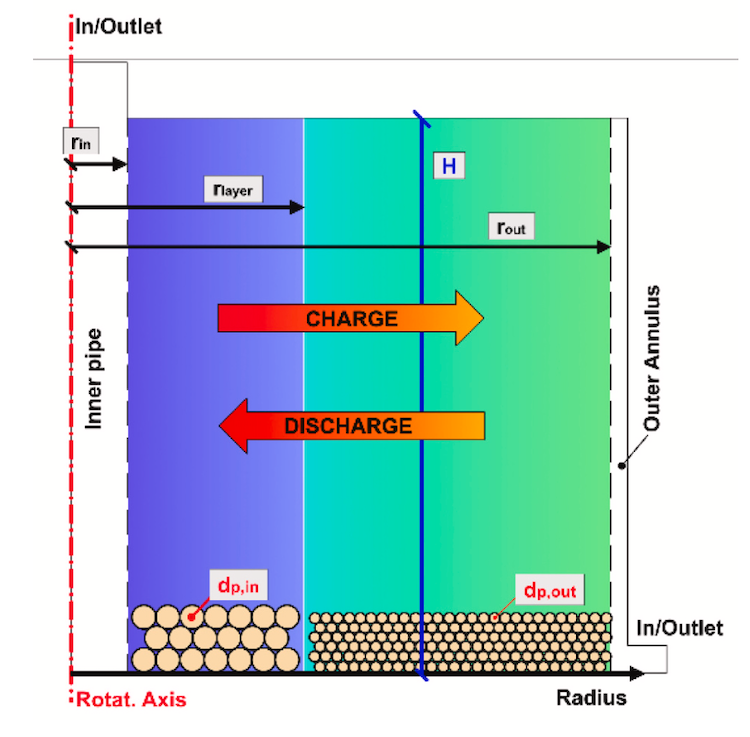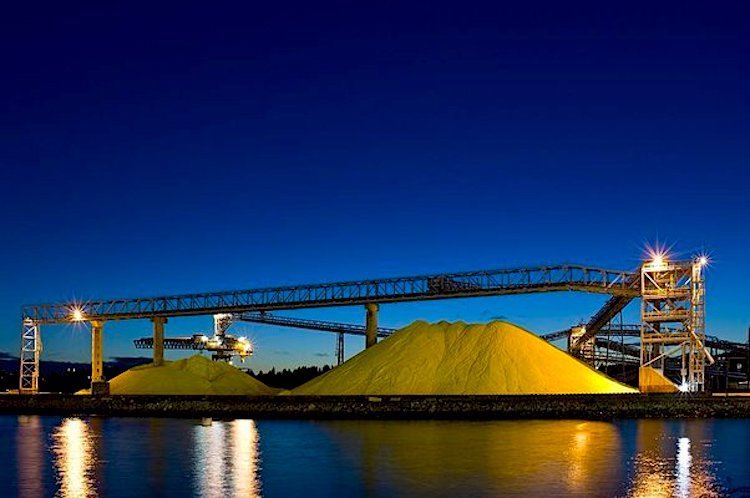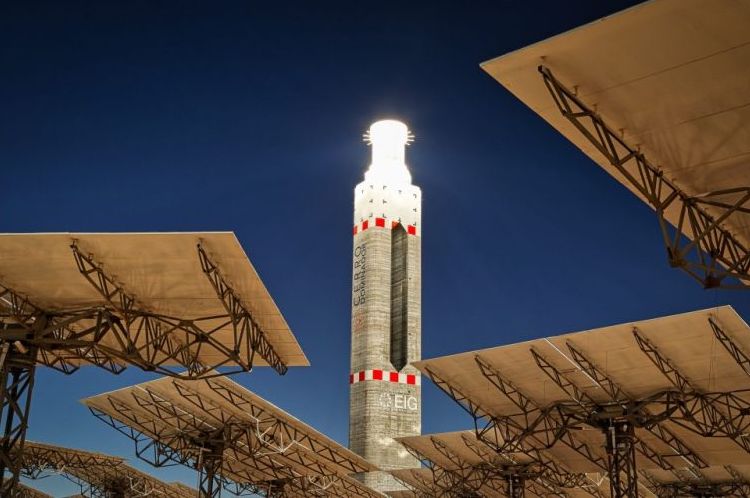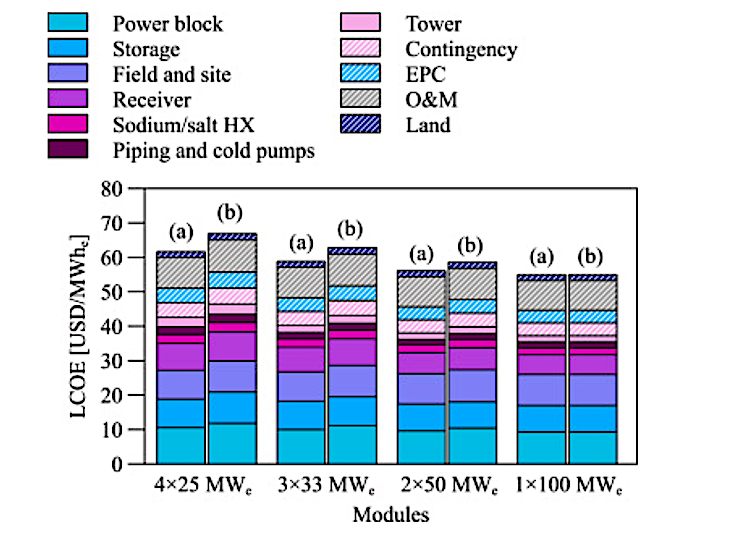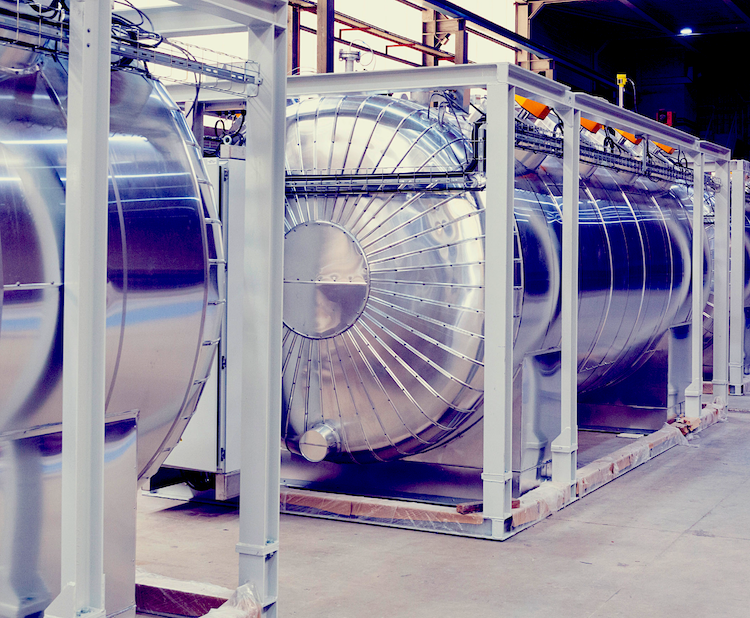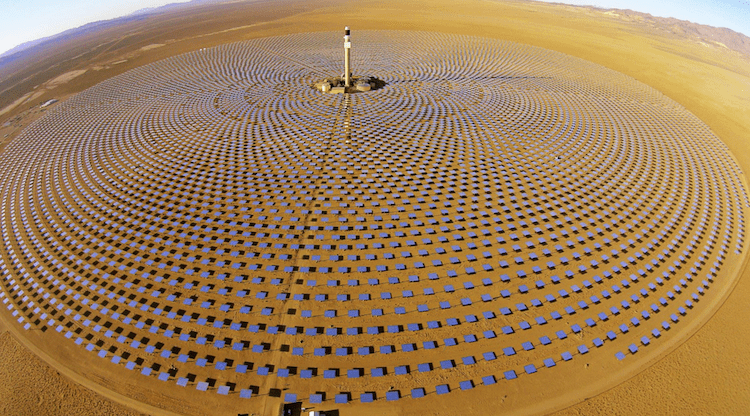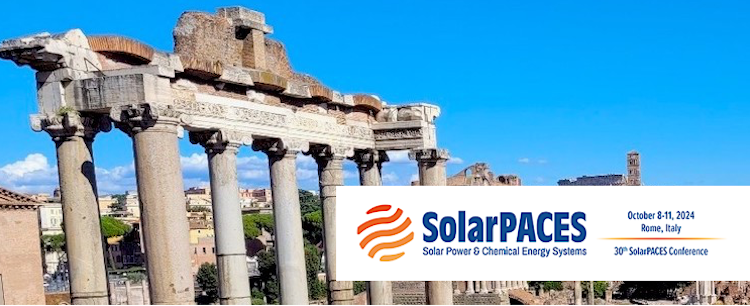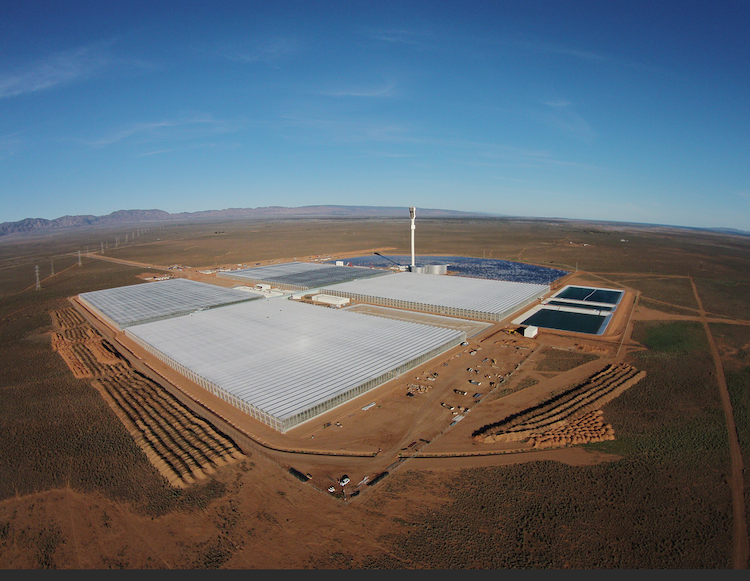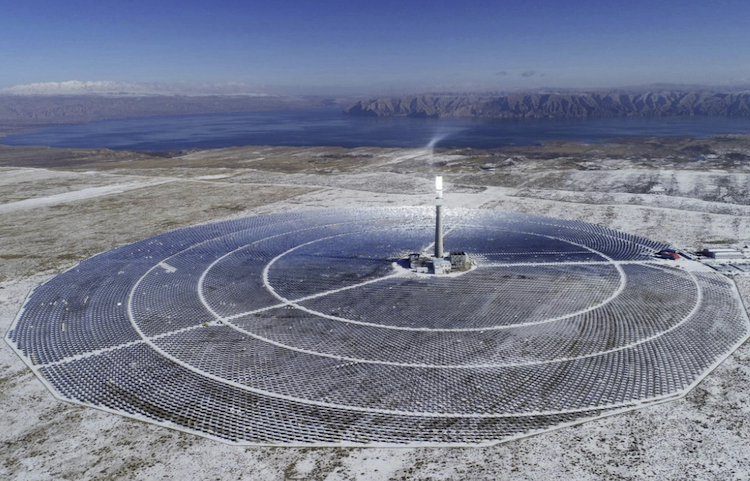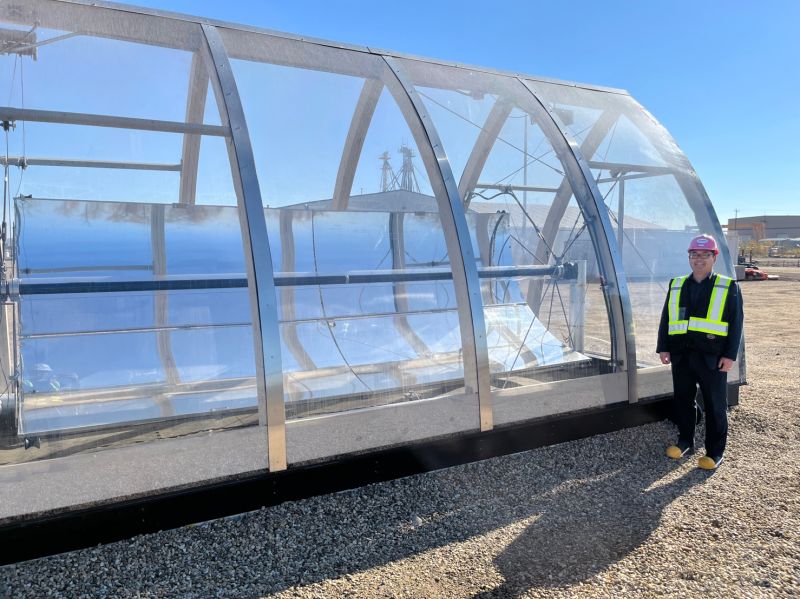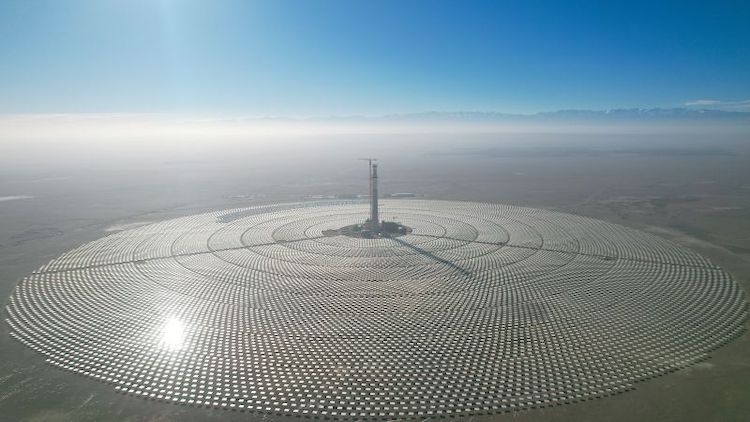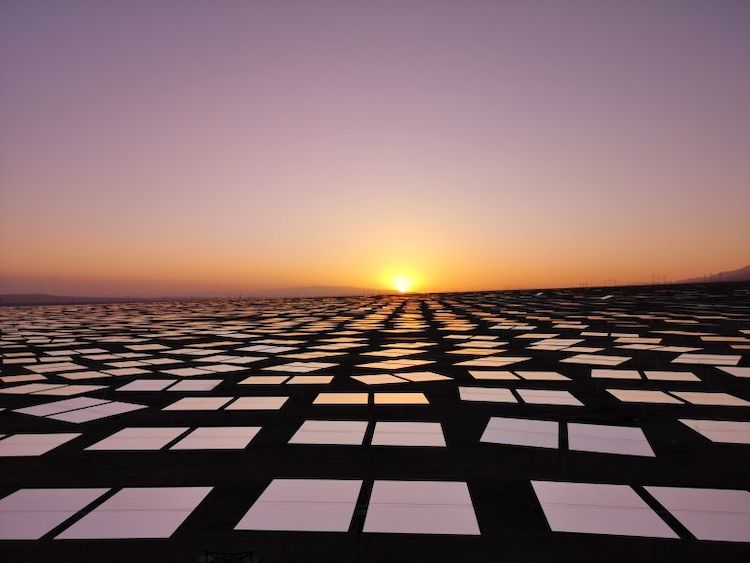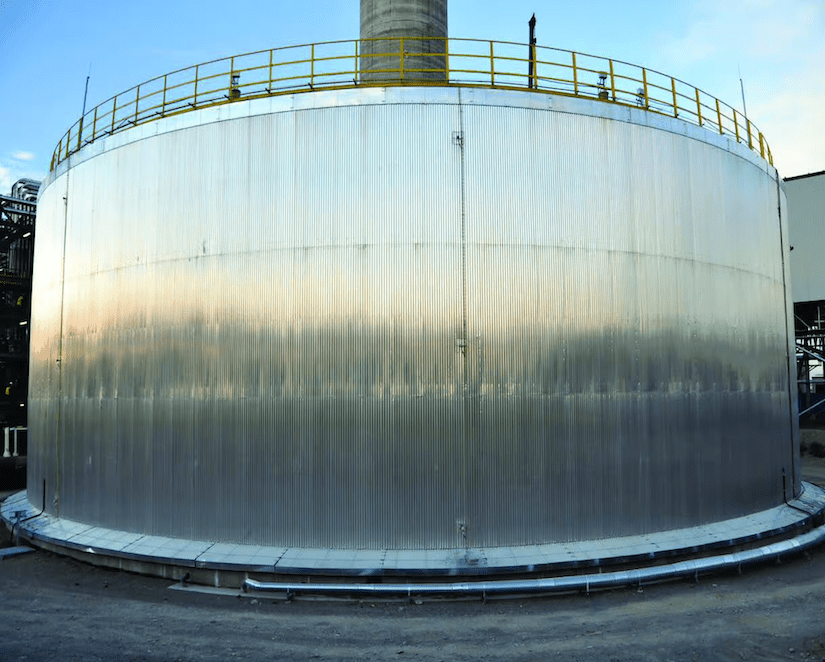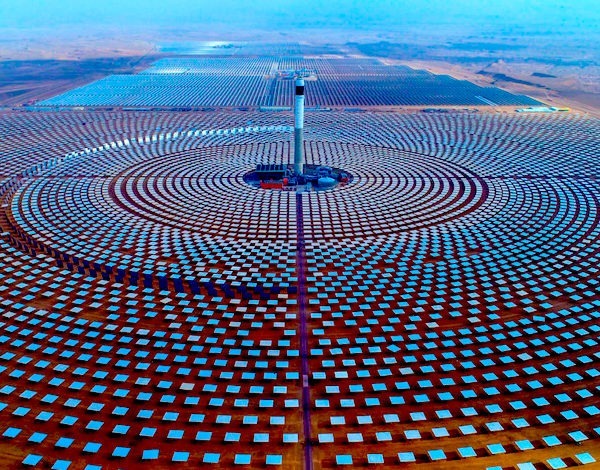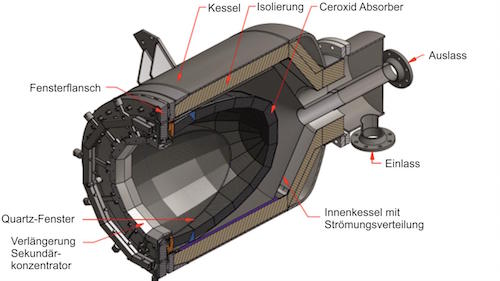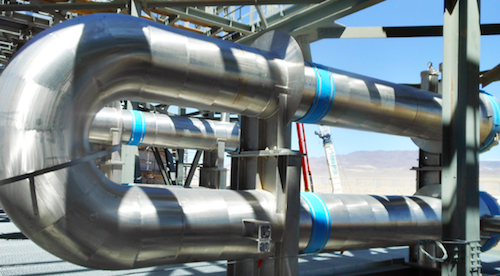Participants:
Up to 24 Spanish Public Institutions and Companies
Contact:
Benigno Sánchez, CIEMAT-PSA, benigno.sanchez@ciemat.es; Sixto Malato Rodríguez, CIEMAT-PSA, sixto.malato@psa.es
Funding:
Spanish Ministry of Education and Science (National R&D Programme): 4,900 k€
Duration:
January 1, 2006 – December 31, 2011
Background:
Spain is the European country with the highest water deficit and only 5% of the waste water is reused. The reasons for the small water reuse are diverse, the most important among them being the lack of treatment protocols for treated waters coming from Municipal Wastewater Treatment Plants (MWTP) and the lack of clear criteria for choosing technologies. On this regards, any treatment should considered the elimination of pathogenic microorganisms like bacteria and viruses, as well as the removal of heavy metal and micropollutants (pharmaceuticals, toiletries additives…).
Objectives:
This project is focused on increasing the wastewater reuse in Spain. As main goals, the program will provide an inventory of the wastewater plants in order to determine the volume of available for potential reuse, and it will establish the most recommendable treatment protocols according to their specific characteristics and considering detoxification efficiency and cost. Besides, standard methods of chemical, microbiological and toxicological analysis will be developed, and the study impact of water on the environment along with the socio-economic impact of water reutilization will be assessed. More specifically, the group of Ciemat-PSA is in charge of evaluating the feasibility of using solar photocatalysis technologies, both homogeneous (Photo-Fenton) and heterogeneous (TiO2), for the elimination of non-biodegradable micropollutants usually found in the wastewater.

Degradation of the 9 emerging contaminants (0.1 mg L-1 each) by photo-Fenton with 5 mg L-1 Fe without pH adjustment in simulated fresh water

